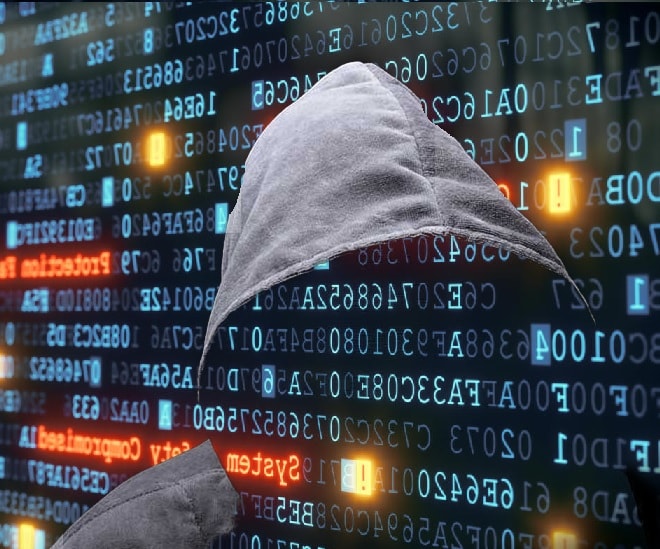Author: STEPHEN BRYEN
The views of the Authors are not necessarily the views of Enigmose.
When Iran cyberattacked Israel’s water supply system on April 24 and 25, it did more than just shut down computers and disrupt water system operations. The water facility attack was intended to release large amounts of poisonous chlorine into Israel’s water delivery infrastructure, potentially poisoning tens of thousands of Israelis.
Attempts to poison wells, ponds, lakes and reservoirs is nothing new and goes back to antiquity. But the attempt to release harmful amounts of chlorine from within a water supply system using a cyberattack is altogether new. Iran hit six water facilities in Israel, damaging the operating systems and disabling safety instrumentation systems.
FireEye, a publicly-traded cybersecurity company headquartered in Milpitas, California, determined after extensive research that the malware developed for this kind of attack came out of Russia and specifically from the Central Scientific Research Institute of Chemistry and Mechanics, a Russian government-owned technical research institution located in Moscow.
The first use of the malware was against a petrochemical facility in Saudi Arabia in 2017. It would appear the Russia-developed cyber-weapon was shared with Iranian government hackers. The attack was routed through servers in Europe and the United States to try to hide its origin.
Israel regards the water supply attack as unprecedented because, unlike disruptive attacks that are non-lethal, this attack targeted millions of people and could have resulted in their poisoning. Israel’s National Water Company (Mekorot) has been criticized for not being sufficiently alert to cyber-threats or having proper safeguards in place.
Infrastructure threats
Attacks on critical infrastructure continue to menace developed countries. Among the targets are power plants, including nuclear energy, transportation hubs, banking and financial systems, communications systems, railroads and metros, electrical grids, dams and reservoirs, water and sewage systems, food and agriculture systems and healthcare and medicine.
Aside from the recent attacks on Israel’s water system – and Israel’s retaliation that temporarily disabled the Iranian Shahid Rajaee port (Bandar Abbas) in the Straits of Hormuz – laboratories and institutions working on Covid-19 vaccines and related medicines have been targeted in the US, UK and elsewhere.
These rising attacks are attributed by US officials to China, Russia and Iran. Covid-19-linked cyberattacks reflect the huge competition among global pharmaceutical companies for windfalls and market share if a successful vaccine is developed. . Full Story @ Asia Times
Inside Huawei’s D.C. Influence Campaign
Former cybersecurity officials on payroll of Chinese company tied to 5G spying fears
Huawei, China's leading provider of 5G infrastructure, claims to be a private company that is independent from the Chinese government. But intelligence officials across the globe believe that the company can serve as a conduit for Chinese espionage, which has prompted American allies such as the United Kingdom, Germany, and Australia to restrict or prohibit the firm from operating within their borders. In the United States, Huawei was indicted in January 2019 and American companies were prohibited from doing business with the firm. Read More
Are we on the cusp of the first ever cyber world war?

In its quest for global economic and geopolitical domination, America has made many enemies. To help fund 800 military bases all over the world, last year the American taxpayer spent $620 billion on defence, $69 billion for ‘war-funding’ and $10billion on cybersecurity. Military spending represents about 40 per cent of America’s entire global exports trade. However, corporate America describes as derisory the funding for cybersecurity and it is stepping up to the challenge as they get to grips with the threats they now face. As a result of government inaction and under-funding, private sector companies have been forced to take cybersecurity more seriously and, according to some projections, will spend an eye-watering $1 trillion on the digital security of their global operations from now until then end of 2021. Read More
